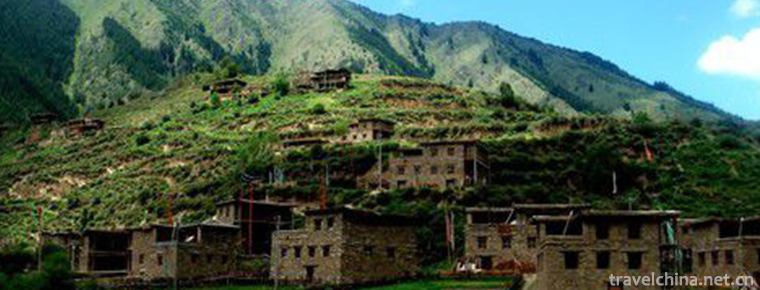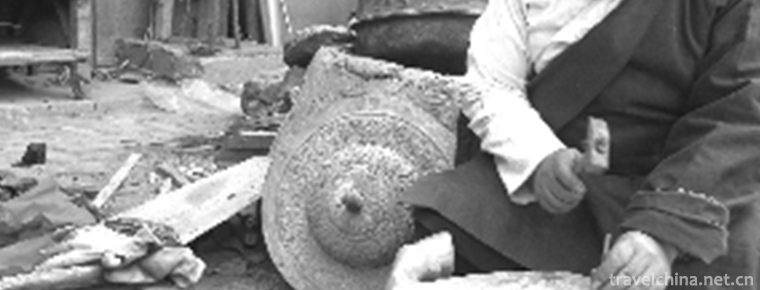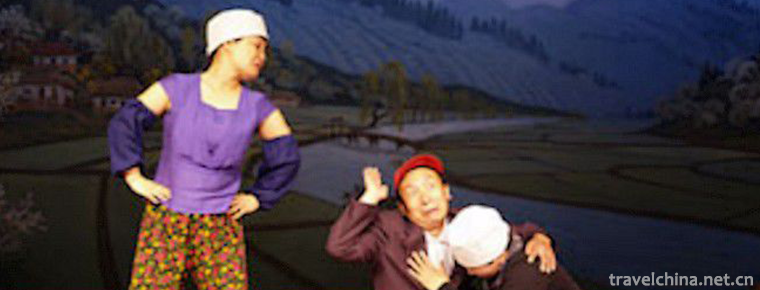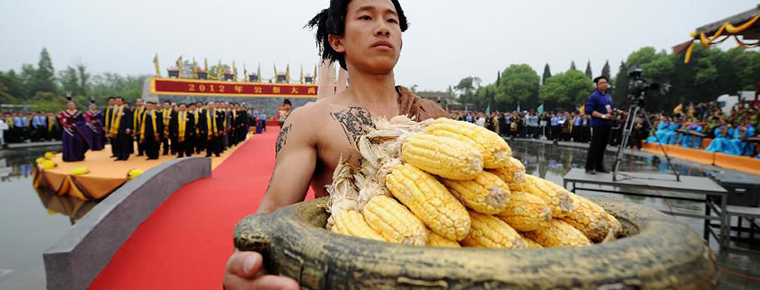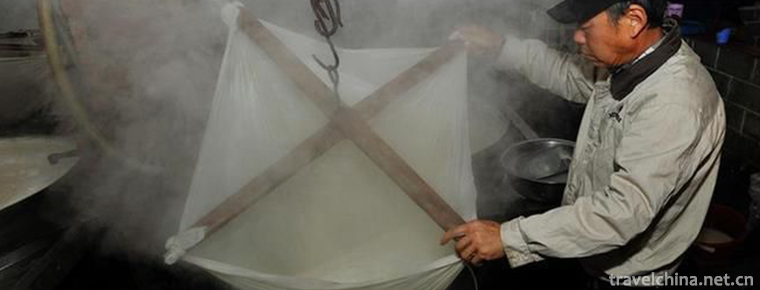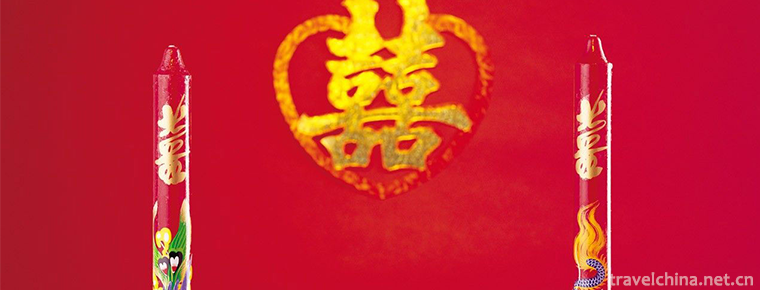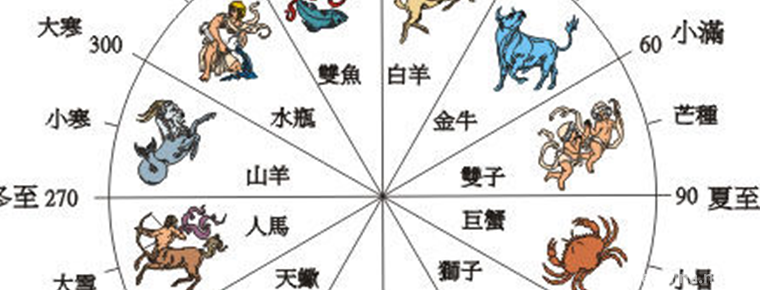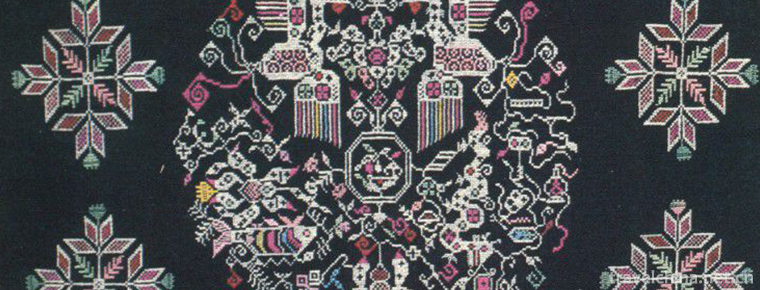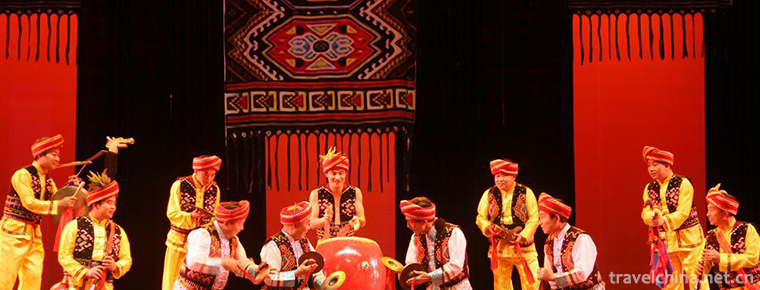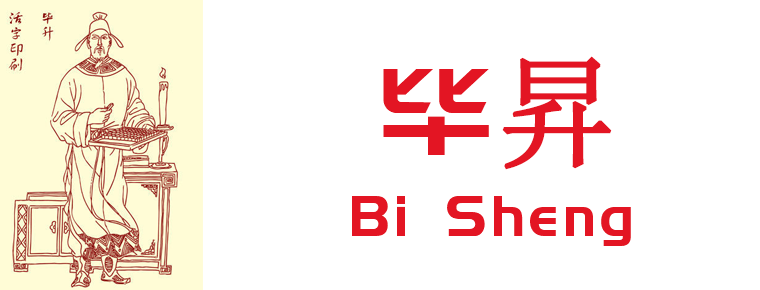Uygur Daolang Maxi Refu
Uygur Daolang Maxi Refu
Maigaiti County is located in the southwest of Xinjiang Uygur Autonomous Region. It is a typical Uygur inhabited area. About 89% of the population is Daolang Uygur who can sing and dance well. Among the Uygur people, there is an art form which is deeply loved by the people and deeply infiltrated into the people's lives. It has even become a folk entertainment folk custom, that is, the Uygur folk Maxie Refu. Machiavelli is a form of entertainment that integrates music, dance, singing, telling stories, telling jokes, playing games and impromptu recitation.
On May 20, 2006, the Uygur Daolang Maxirev declared by Mageti County of Xinjiang Uygur Autonomous Region was listed in the first batch of national intangible cultural heritage list with the approval of the State Council.
Historical Origin
Maigaiti County is located in the southwest of Xinjiang Uygur Autonomous Region. It is a typical Uygur inhabited area. About 89% of the population is Daolang Uygur who can sing and dance well. Daolang Maxirev mainly expresses the scene of Uygur people's wild hunting, happy harvest and happy life in Daolang area, including Daolang Mukam singing, mass entertainment dance, catering, literary and artistic performances and various games. It is not limited by environmental conditions, time, number of participants, strict procedures, a wide range of types, rich and colorful content. According to its nature and function, it can be roughly divided into four types: festival etiquette and life etiquette, agricultural and animal husbandry production, social activities, and other folk activities.
Daolang Messirev has a long history. It is said that it originated from the indigenous culture of the Western Regions and was deeply influenced by Islamic culture. Some experts believe that during the period when Uygur ancestors engaged in fishing and hunting and animal husbandry, impromptu singing and dancing in the wilderness, mountains, grasslands and yards were produced. In the process of long-term social and historical development, Daolang Uyghurs enriched all kinds of life materials into Daolang Maxie Refu, forming a unique Daolang culture. Daolang Maixirefu mainly spreads among the Uygur people in Daolang area in the northwestern margin of Tarim Basin, which is centered on the Yerkang River to the Tarim River Basin, especially in Maigaiti County.
primary coverage
Among the Uygur people, there is an art form which is deeply loved by the people and deeply infiltrated into the people's lives. It has even become a folk entertainment folk custom, that is, the Uygur folk Masirefu.
Machiavelli is a form of entertainment that integrates music, dance, singing, telling stories, telling jokes, playing games and impromptu recitation. Maxi Refu in all parts of Xinjiang has obvious characteristics of local life customs, and its forms are quite rich. Among the numerous Maxie Refu, the characteristics and styles of the ancient entertainment gatherings of Uygur people are relatively centrally preserved, which should be counted as Daolang Maxie Refu.
In the Daolang area, it can be said that men and women from seven to sixty or seventy years of age are all fond of Messierfu, which has become an indispensable collective activity in their lives. Therefore, the Daolang said, "Life without Messier is a life without taste." It should also be noted that, unlike other folklore phenomena, this recreational folk custom of Masirefu often accompanies other folklore phenomena and lacks independence. That is to say, in most cases, the music, dance, games, recitation and so on of Machiavelli are not an independent activity, but are attached to other folk phenomena. Such as "Festival Messi Rev", "Marriage Messi Rev", "Invite Messi Rev", "Apologize Messi Rev", "Eliminate Prejudice Messi Rev" and so on. Therefore, in the study of folklore, we must link the folk entertainment, festivals, marriages, eliminating prejudices of Massey Refu with its corresponding folklore phenomena, in order to better and deeper understand its role and significance.
Daolang Machirev begins with the prelude of Daolang Mukam, and then goes through three stages: Saima, Sunnikas and Selma. The song and dance of Machirev will end. There are various opinions on the content of Daolang Machirev's whole set of dance movements. It is widely accepted by dance researchers that Daolang dance represents a fierce hunting process. But in the process of passing on from generation to generation, the original meaning has been lost through enrichment and perfection. The collective dance in such mass entertainment as Daolang Machiave is entirely for the purpose of entertainment.
The lyrics of Daolang Mukam's music with dance mainly adopt local folk songs, which have a wide range of themes and rich contents. Every time the Massey Reeve is held, some new folk songs will be created to satisfy people's various artistic tastes.
In addition to singing and dancing, Machiavelli also includes various forms of game and entertainment of folk art. This kind of entertainment is unique to Machiavelli, which is not used in other occasions. The more famous ones are "Dai Lai" (belts), offering tea and singing folk songs.
"Dai Lai" shows the participants'agility, wit and warmth when they compete for "Dai Lai" from each other. This form of entertainment is more interesting if it is conducted between young men and women. Happy laughter will be louder. Therefore, the people of Daolang deeply love this form of entertainment. It not only enjoys people's laughter, but also exercises people's observation, especially young people's ability to move quickly, agilely and agilely.
The entertainment of offering tea and joining sentences is to put a pair of small bowls of water on one hand skillfully and pass on from hand to hand throughout the audience. Everyone who handed over bowls and joining bowls should sing a song or couplet sentences. If the delivery action is lost or the water in the bowl is spilled, it will be "punished" to sing, couplet or tell jokes to amuse the public. Therefore, participants must have the ability to recite hundreds of folk songs, couplets or improvise. Every time the folk songs and couplets sung by Massie Refu are a mirror reflecting the experience, customs, emotions and requirements of the Daolang people.
After a brief survey of Daolang Maxie Refu, we will understand that as a folk entertainment folk custom, one of its social functions is entertainment. Daolang Machirev is the best way to popularize and improve the literary and artistic activities of the masses and to develop the cultural entertainment of the masses. People express their emotions through various activities of Massie Rev, eulogize the beautiful real life and express their inner joy. Not only that, but also its social education function is very obvious. Through Massie Refu, many improvised folk songs, scattered folk songs, music, dance and interesting forms of entertainment are gathered together, popularized among the people, and continuously improved and perfected in the practice of the people. At the same time, it is also a good place for people, especially young people, to carry out moral, national customs and traditional education. It is also a means to strengthen social ties, cultivate collectivism and develop friendship, and has a great social role.
Customs of life
Relating to festivals.
For example, in order to celebrate the arrival of Uygur traditional festivals such as "Gurbang Festival" (Eid al-Adha), "Meatzi Festival" (Eid al-Mahzi Festival), "Nu Meatzi Festival" (Yingchun Festival) and "National Day" and "Labor Day" in today's social life, "Bayilam Mesiev" (also known as "Ait Mesiev", meaning "festival Mesiev") and marriage between men and women. On the festive days of marriage, women having their first child, naming their children, circumcision of boys, and adult girls, the "Relying on Messier Rev" (meaning "Celebrating Messier Rev") was held on a grand scale with a grand and warm atmosphere.
Relating to agricultural and animal husbandry production
For example, in winter, when the first snow falls, the "Karl-lek Massey Reef" (meaning "Welcoming Snow Massey Reef"), the "Maysha Massey Reef" (meaning "Green Miao Massey Reef") held after the first snow, and the "Molhusul Massey Reef" (meaning "Harvest Massey" held after the harvest of agriculture) held after the harvest of wheat seedlings. When melons and fruits are ripe, they are held in orchards, such as "Bahe Maisiev" (meaning "Orchard Maisiev"), and "Kawapo Maisiev" (meaning "barbecue Maisiev") when cattle and sheep are fat. Its main purpose is to express the desire for a bumper harvest in agriculture and animal husbandry and the joy after harvest. Its scale is different, the atmosphere is happy and happy.
Associated with social activities
For example, "Mimandachel Machiave" (meaning "Welcome Machiave"), the "Ayilai Machiave" who introduced his adult children to his relatives and friends, the "Ketchelish Machiave" who asked for forgiveness after doing something wrong, and the "Krishtur Machiave" held in spring to forgive and regulate relations. "Selemaisierfu" (meaning "Spring Outing Messierfu") and "Qatar Messierfu" (meaning "taking turns to be East Messierfu) held in leisure time in agriculture, etc. In addition to entertainment and gathering, this kind of Machiavelli also has the functions of consultation and mutual help. Participants are usually friends and relatives within a certain range, with a moderate scale.
Relating to folklore activities
This kind of Messierfu is also called "Chai Yi". For example, "Mesley Attichay" held for the purpose of agreeing on something, "Hoshlich Sichai" held for the purpose of seeing off friends, and "Karishi Sichai" held for the purpose of welcoming friends back. Both "Saipalchay" and "Tamchai" ("Tam" means "wall") held for the purpose of celebrating the construction of a new house or the joy of relocation) and "Tam Chai" ("Tam" means "wall") held for the purpose of welcoming friends back.“ Jiayi Chayi"("Jiayi"means"place") and"Wuyi Chayi"("Wuyi"means"home") and so on.
historical significance
Daolang Machirev carries the historical and cultural tradition of Daolang Man and its rich social enlightenment function. In the Daolang area, Massey Refu has long-standing ethics and disciplines that are commonly recognized by the people. The participants of Massey Refu should select impartial and prestigious people to act as young leaders, judges and disciplined executors. They have the right to "punish" those who violate discipline, such as leaving the scene without permission, arriving late for no reason, breaking order in singing and dancing. Penalized people either take out their own fruits to entertain everyone, or play a variety of amusing games, which are full of comedy, and the penalized people are equally happy. Through this kind of "punishment" entertainment, people are educated to abide by discipline, morality and other aspects.
As Daolang Maxie Refu's dancing posture is endless, enthusiastic and unrestrained, and the number of participants is large, which is not limited by time and place, it has become the main way to cultivate Daolang Maxie Refu's folk artists and cultivate Daolang's human sentiment. It has always maintained the original ecological characteristics of Tarim Aboriginal singing and dancing, and is an important part of Daolang Uighur people's daily life.
From generation to generation, after enrichment and improvement, the original meaning of hunting scenes has been lost. Daolang Machiave has become a way of entertainment for the local people. Daolang Machirev is an encyclopedia for the study of Daolang Uygur history, social life and spiritual outlook.

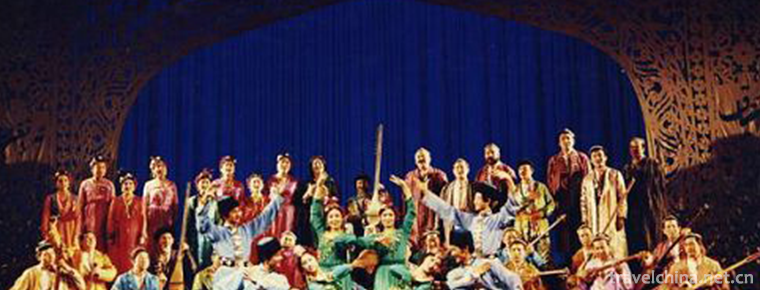
-
Construction Techniques of Tibetan Diaolou
Gabu Tibetan ancient building complex is located on the second terrace on the north-east Bank of Mako River, 3 kilometers northeast of Lighthouse Township, Banma County.
Views: 262 Time 2019-04-05 -
Tibetan Cobalt Technology
Zhang Zhaxi, a Tibetan cobalt-smelting craftsman over half a century old, told reporters that he was just "catching its tail" when the craft was losing its popularity..
Views: 163 Time 2019-04-15 -
Three Old People of Korean Nationality
Three Koreans are the traditional folk opera form of the Korean nationality in China. It is composed of three actors who perform in the role of the elderly and merge the forms of Korean opera singing.
Views: 356 Time 2019-04-16 -
Da Yu memorial ceremony
The Dayu Festival is an ancient Chinese traditional folk sacrificial activity. Dayuling is located in Huiji Mountain, southeast of Shaoxing City, Zhejiang Province. Dayu Mausoleum is the burial place .
Views: 93 Time 2019-04-23 -
Traditional Manufacturing Techniques of Tofu
The traditional craft of tofu production is a traditional handicraft with a long history. Refers to the various methods of making tofu, tofu can be fried and stewed at will, lasting.
Views: 127 Time 2019-04-28 -
Traditional Marriage Customs of the Han Nationality
The ancestors of the Han nationality believed that dusk was auspicious, so they would marry at dusk. Therefore, the etiquette of marriage was called "dusk rite", which later evolved.
Views: 195 Time 2019-05-02 -
24 solar terms of the lunar calendar
Twenty-four solar terms is a supplementary calendar that absorbs the "twenty-four solar terms" of the Ganzhi calendar to guide agriculture. It is the accumulation of long-term experience and.
Views: 169 Time 2019-06-08 -
Cross stitch
Flower picking, a kind of drawing work, also refers to a needle method of embroidery, Chinese folk traditional handicraft. Also known as "pick weave", "cross embroidery", "cro.
Views: 229 Time 2019-06-21 -
Tujia people slip away
Dalaozi is an ancient folk instrumental ensemble which is the most widely spread in Tujia area. It has a long history, a wide range of music cards, exquisite skills and rich expressiveness. It is a un.
Views: 117 Time 2019-06-23 -
Bi Sheng
Bi Sheng (about 971 years to 1051) was promoted to Hubei, Huanggang, Hubei. Yingshan County One of the great inventors of ancient China, the inventor of the five great ancient inventions of ancient Ch.
Views: 216 Time 2019-09-06 -
Jintang Yunding mountain scenic spot
Jintang Yunding mountain is located in the middle section of Longquan Mountain in Jintang County, Chengdu. The scenic spots include Yunding mountain, Hantan ancient ferry, Jintang small Three Gorges of Tuojiang River.
Views: 203 Time 2020-11-05 -
Dazhou Sports
By the end of 2019, Dazhou city has a total of 9 stadiums and stadiums, sports lottery revenue of 242 million yuan, and 694 new sports fitness projects for farmers. .
Views: 334 Time 2020-12-20
